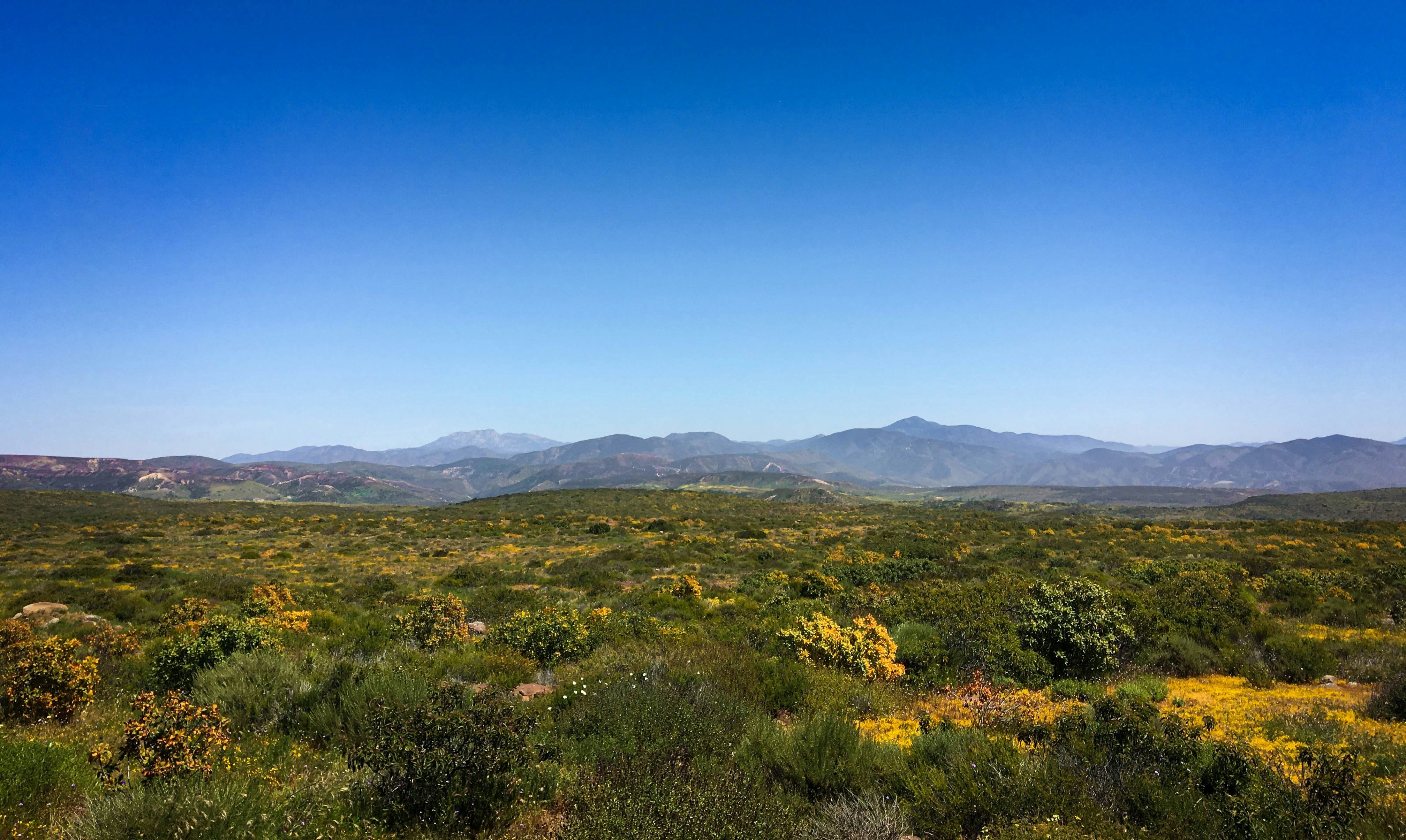Land & Biodiversity Conservation Through Sustainable Enterprise Advancement in Baja California Sur, Mexico

Cattle ranching in the Sierra de la Laguna region of Baja California Sur, Mexico, faces significant economic, environmental, and cultural challenges that threaten its long-term viability. Recognizing the increasing strain of prolonged drought, overgrazing, and habitat loss in a region that hosts numerous endemic species and unique ecosystems, many ranchers in the region have expressed a desire to gradually transition away from traditional cattle ranching. Working in collaboration with La Unión de Conservación Agua de la Sierra (UCAS), a newly formed union of ranchers and landowners in the Sierra de la Laguna region, this project employed a multi-faceted approach to evaluating sustainable alternatives to cattle ranching in the region. With a focus on economic feasibility, environmental impact, and stakeholder engagement, we determined that current cattle stocking rates exceed sustainable limits, resulting in economic losses and ecological degradation. By combining client interviews, literature review and local cost-benefit analysis we found that a gradual transition towards ecotourism adoption may offer a path toward financial stability, land recovery, and biodiversity protection. We designed a marketing and donor outreach strategy to build long-term financial support for this transition, highlighting the need for a more cohesive digital presence, structured donor-targeted communication, and diversified funding streams to expand piloted conservation initiatives. By supporting both cultural heritage and environmental stewardship, this approach allowed us to provide a roadmap for community-led conservation in arid regions. Our findings highlight the urgent need for adaptive land management strategies and the potential of ecotourism to restore ecosystems while sustaining rural livelihoods in the Sierra de la Laguna.
Acknowledgements
UC Santa Barbara Bren School: Albert Black-Goldin, Director of Communications and Marketing; Dr. Tamma Carleton, Assistant Professor, UC Berkeley Department of Agricultural & Resource Economics; Emily Cotter, Environmental Innovation Program Manager and Lecturer; Sadie Cwikiel, PhD Student Advisor; Dr. Alexandra Phillips, Assistant Teaching Professor; Beth Pitton-August, Director of Development; Dr. Naomi Tague, Professor; Patti Winans, Associate Director of Development
Unión de Conservación Agua de la Sierra (UCAS) Leadership: Dr. Tom Dudley, Riparian Ecologist & Research Biologist - Marine Science Institute at UCSB; Kathleen Mitchell, Owner, Rancho Encinalito; Dr. Sula Vanderplank, Botanist & Plant Ecologist, SUVA Research; Gerardo Marrón Mendez, Terrestrial Priority Ecosystems Expert, ProNatura Noroeste; Enrique Flores García, Field Technician, Rancho Encinalito
External Advisors: Dr. Jeffrey Hoelle, Cultural Anthropologist & Professor, Anthropology Department at UCSB; Anne McEnany, Senior Program Officer, Alumbra Innovations Foundation and President & CEO, International Community Fund
Partners & Funding Source: Innovaciones Alumbra
UCAS Ranches & Ranchers:
Rancho Los Aguajitos: Homero Piñuelas Piñuelas, Owner; Magdalena Nereyda Cota Trasviña
Rancho Encinalito: Kathleen Mitchell, Owner; Humberto Trasvina Meza; Cristian Trasvina Meza
Rancho Las Mariposas: Maria Georgina Piñeulas Piñuelas, Owner; Rubénn Serralde Hernández; Victor Ojeda Manriquez
Rancho El Pretexto: Eduardo Alonso Piñuelas Piñuelas, Owner
Rancho La Venta: Bob Pudwil, Owner; Daniele Gualdoni Norma